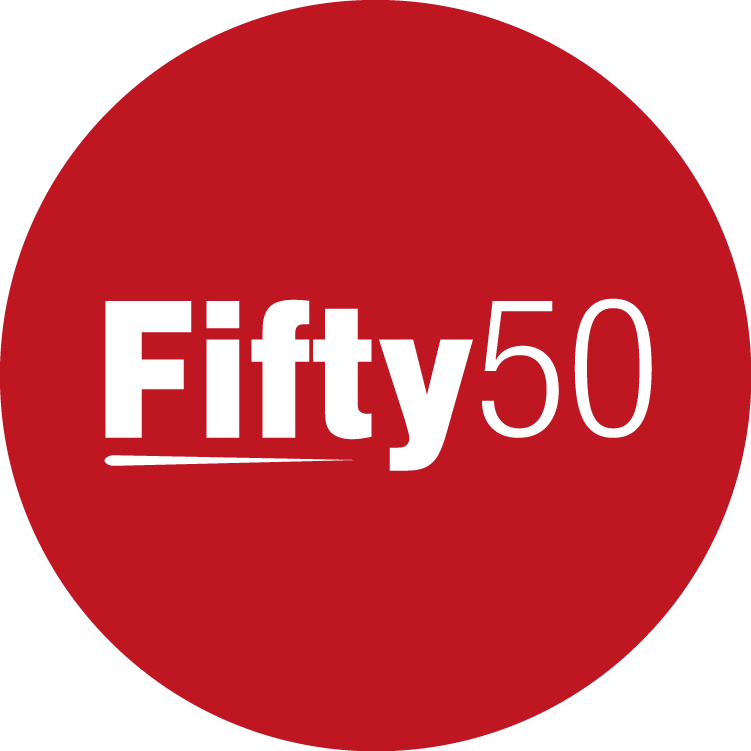Fifty50 Role Model: Dr Sophie Lewis
ANU Fifty50 is delighted to present the second instalment of our “Role Models in STEM” series, aimed at showcasing the achievements of people in STEM, we want to ensure young people have a future filled with opportunities regardless of gender and the associated unconscious bias that comes with that.
For this interview, we’ve chosen to speak to Dr Sophie Lewis, who holds an Australian Research Council (ARC) Discovery Early Career Research Award (DECRA) Fellowship at Fenner School of Environment and Society and the Climate Change Institute at ANU. The DECRA is a prestigious grant designed to create more opportunities for early-career researchers, but it is hugely competitive and applicants only have a 14% chance of success. When Dr Lewis isn’t researching the increasing frequency of extreme rainfall and heat events, you can probably find her online – tweeting or publishing observations about changing climate on her blog or in the media. An internet storm was recently caused when Dr Lewis published a column in the Sydney Morning Herald, discussing the ethical implications of bringing a child (and therefore an increased carbon footprint) into an already warming world. In the wake of her new book “A Changing Climate for Science” and before heading off on maternity leave, Dr Lewis gave us an interesting glimpse into the life of a Climate Scientist:
What drove you to pursue a career in climate science?
I’ve wanted to be a scientist since I was a very small child but my route to climate science was roundabout. I started out doing engineering, then changed to science and switched majors several times. My PhD was looking at long-term climate history and I loved the balance of field, lab and computational work, and seeing how changeable the world is. Eventually I wanted to work on more immediate pressing problems so shifted my focus to extreme climate events. So that’s how I ended up here.
What is something that you have learnt during your career that you wish you were told as an undergraduate?
I’ve definitely learnt than very little in life is irreversible. I used to be almost paralysed trying to make the “right” decisions, and every decision about work or university seemed so weighty. But I’ve since learnt that decisions are just one step along the way – it’s ok to try something out and see if you like it and if you don’t, you aren’t committed to a path that you can’t turn back from. I’ve saved a lot of energy and angst since realising this, and been bolder about trying things out.
Do you think that creating an inclusive and equal environment in STEM means that there will be fewer opportunities and more competition?
I don’t really see if about more or less. Creating inclusive and diverse STEM workplaces will mean that there are fairer opportunities and fairer competition. It will always be incredibly competitive and it is a great privilege to work in STEM, but greater inclusivity will mean that everyone will be more equitably be able pursue these goals.
You recently attended the Fifty50 Big Ideas breakfast, where participants discussed the goal of achieving gender equity in STEM by 2025 – what insight can you provide about achieving this goal?
I really enjoyed the breakfast, and particularly because of the balanced focus. So often gender equity is seen as a woman’s issues. Women are expected to do the heavy lifting because it is seen as our problem, that we need to fix for ourselves. But achieving equity is everyone’s responsibility and will require everyone’s input. I really believe that equity will be beneficial for everyone in the sector, so everyone has to make changes to their own work practices and push for the structural changes that will get us there.
Congratulations on your impending parenthood, do you have any advice or tips that you could give to anyone that feels like a career in science is incompatible with having children?
I’ll let you know! Right now I do feel nervous about balancing everything when life already feels like a whirlwind and my job is tenuous. A colleague once told me that parenting brings out what is already there – if you are a workaholic, you tend to stay that way. But if you already maintain a balance between work and other priorities, then you tend to approach parenting the same way. I hope this is the case. I love my research and I’m thrilled to have a baby on the way, so I’m trying to focus on the positives and be optimistic about work and family.
